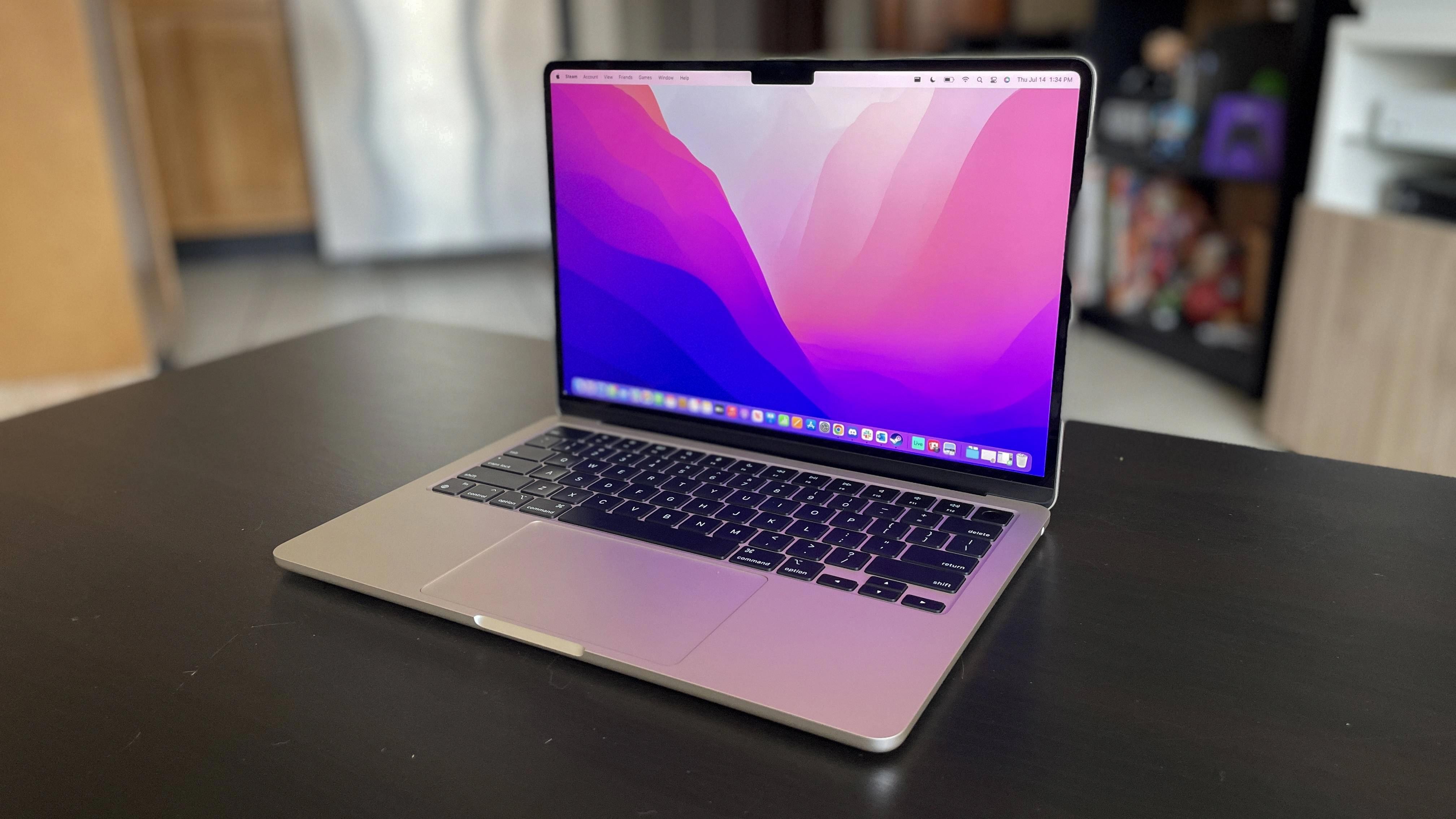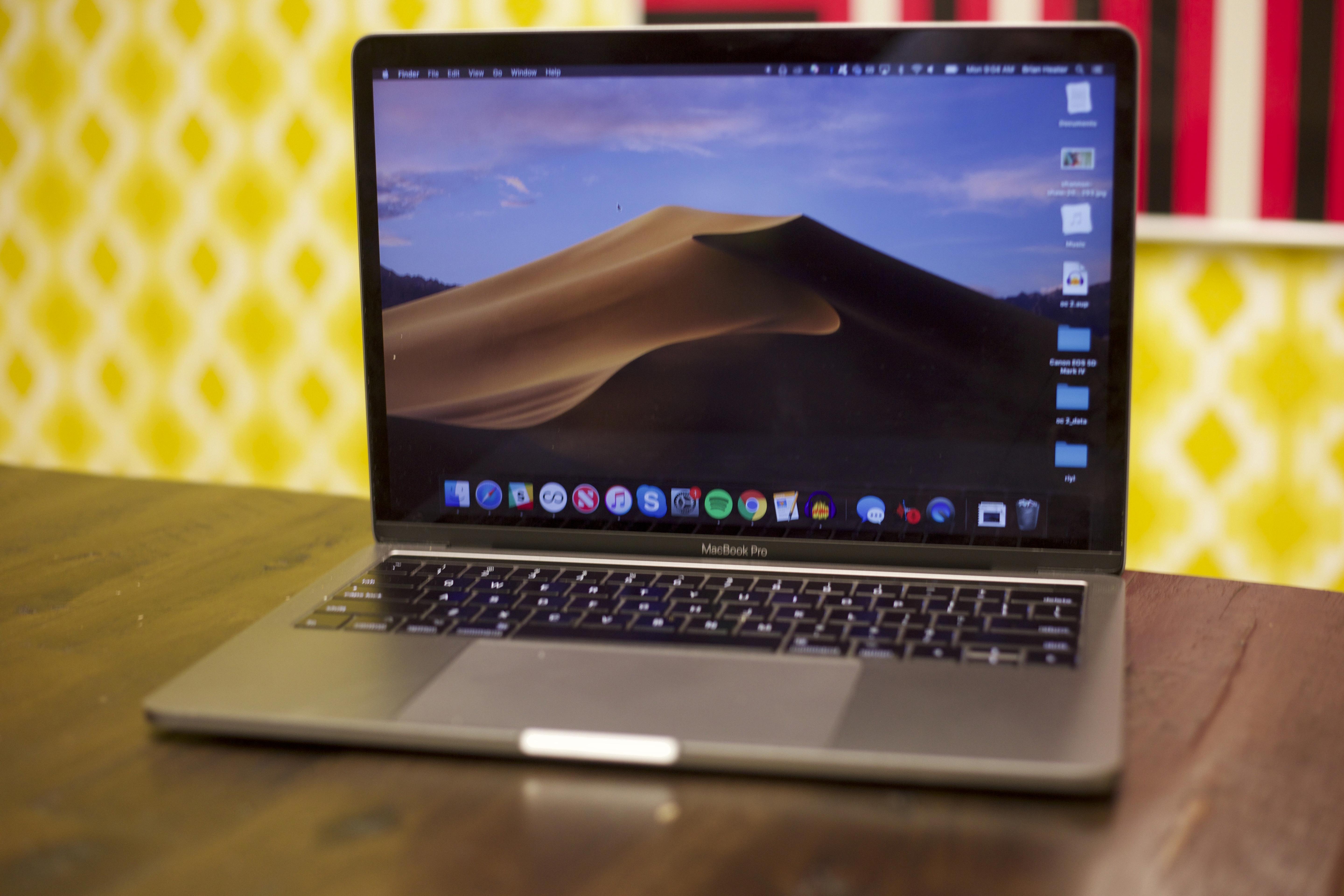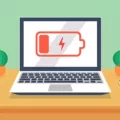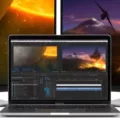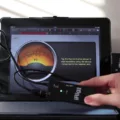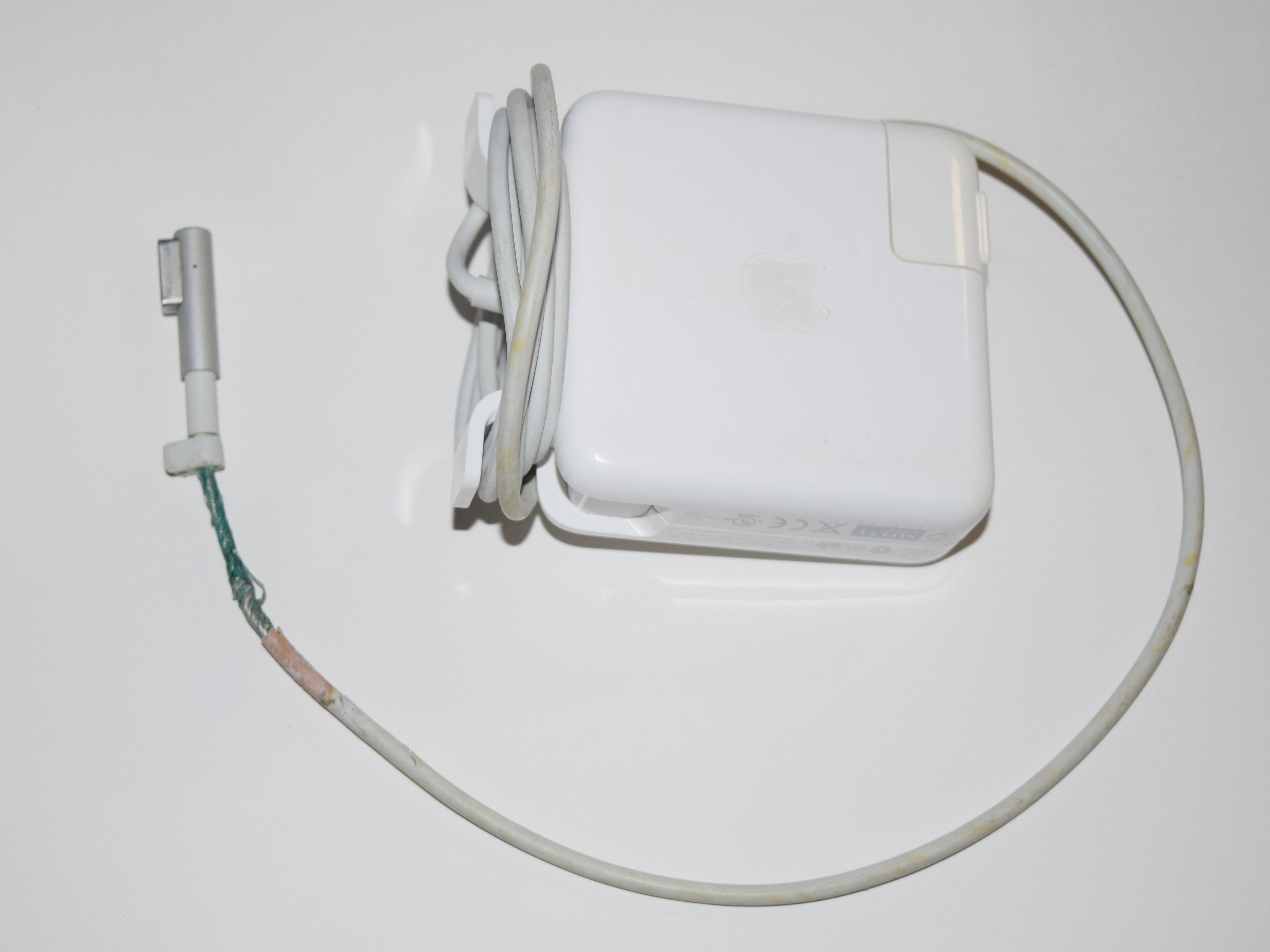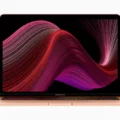If you’re looking to charge your Macbook Air or Pro, you may be wondering if the same charger works for both. The answer is yes! MacBook Pro chargers can be used to charge a MacBook Air and vice versa. However, there are a few important details to cosider when using a Macbook Pro charger for a MacBook Air.
First, it’s important to note that the wattage of the charger must match the wattage of the device being charged. If your Macbook Pro has an 85W charger, then you must use an 85W charger with your MacBook Air as well. You can’t use a lower wattage charger with either device because it won’t provide enough power to charge them efficiently.
Secondly, while the same adapter will work with both devices, it’s important to note that Apple specifically recommends using the power adapter that was included in the box when you purchased your Macbook Air or Pro. This is because Apple has calibrated their chargers for optimal performance when used with their devices and using a third-party charger could potentially affect the charging time or even damage your device if it doesn’t meet Apple’s standards.
Finally, it should also be noted that while you can use one adapter for both devices, it might not be ideal if you have multiple devices that require different wattages. For example, if one of your devices requires 45W and another requires 85W, then using one 85W adapter may not provide enough power for both devices at once. In this case, it would be best to purchase separate adapters for each device so you can ensure they are receiving enough power during charging.
Overall, while you can use a Macbook Pro Charger to charge a Macbook Air, there are certain factors you should take into consideration before doig so in order to ensure your device is receiving the proper amount of power and is not damaged in any way by using an incorrect adapter.
Can I Use a MacBook Pro Charger for a MacBook Air?
No, you shuld not use a MacBook Pro charger for a MacBook Air. The two models require different wattages and the cables are shaped differently. The MacBook Pro requires an 85W power adapter and the MacBook Air requires a 30W power adapter. Using the wrong adapter could damage your device, so it’s best to use the power adapter specifically designed for your model of Mac.
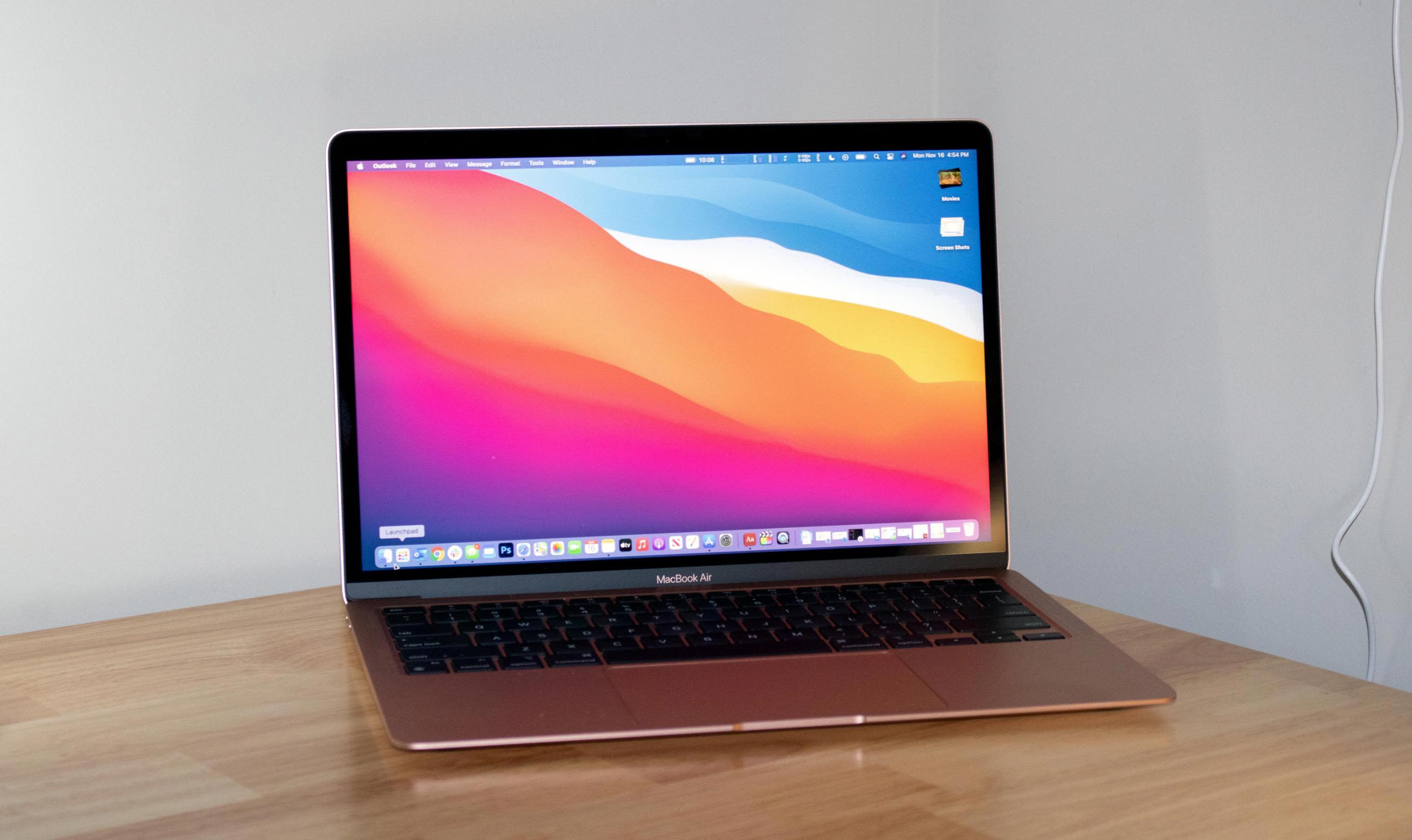
Source: cnn.com
Can a 60W Charger Be Used With a MacBook Air?
Yes, a 60W charger can be used with a MacBook Air. The MacBook Air requires a minimum of 45W, so the 60W charger will provide more than enough power for your laptop. It won’t make your computer charge faster or operate any differently, but it will ensure that you are providing enough power for the device.
Can I Use a 61W Charger for MacBook Air?
Yes, you can use a 61W charger for your MacBook Air (M1, 2020). This is because the power adapter supplied with the laptop is designed to provide up to 20V at 3A, which is the same as 60W. Therefore, using a 61W power adapter will not cuse any harm to your laptop and may even charge it faster than the original charger.
Can I Use Any Charger for My MacBook Air?
No, you cannot use any charger for a MacBook Air. The device must be charged using the ports that are intended for the purpose. To ensure compatibility, it is best to use an Apple-branded charger that comes with the laptop. Third-party chargers may still work but there is no guarantee that they are compatible with the laptop or safe to use.
Is Using a Higher Wattage Charger Safe for MacBook Air?
Yes, it is safe to use a higher wattage charger for your MacBook Air. The laptop will only draw the amount of power required at the time, so even if you use a 65W, 90W or higher charger, it will never draw more than the 35W that your laptop was originally supplied with. However, using a higher wattage charger may result in faster charging times and increased battery life. If you decide to use a higher wattage charger, make sure that it is an Apple-certified product as thse are designed specifically for MacBook Airs and other Apple products.
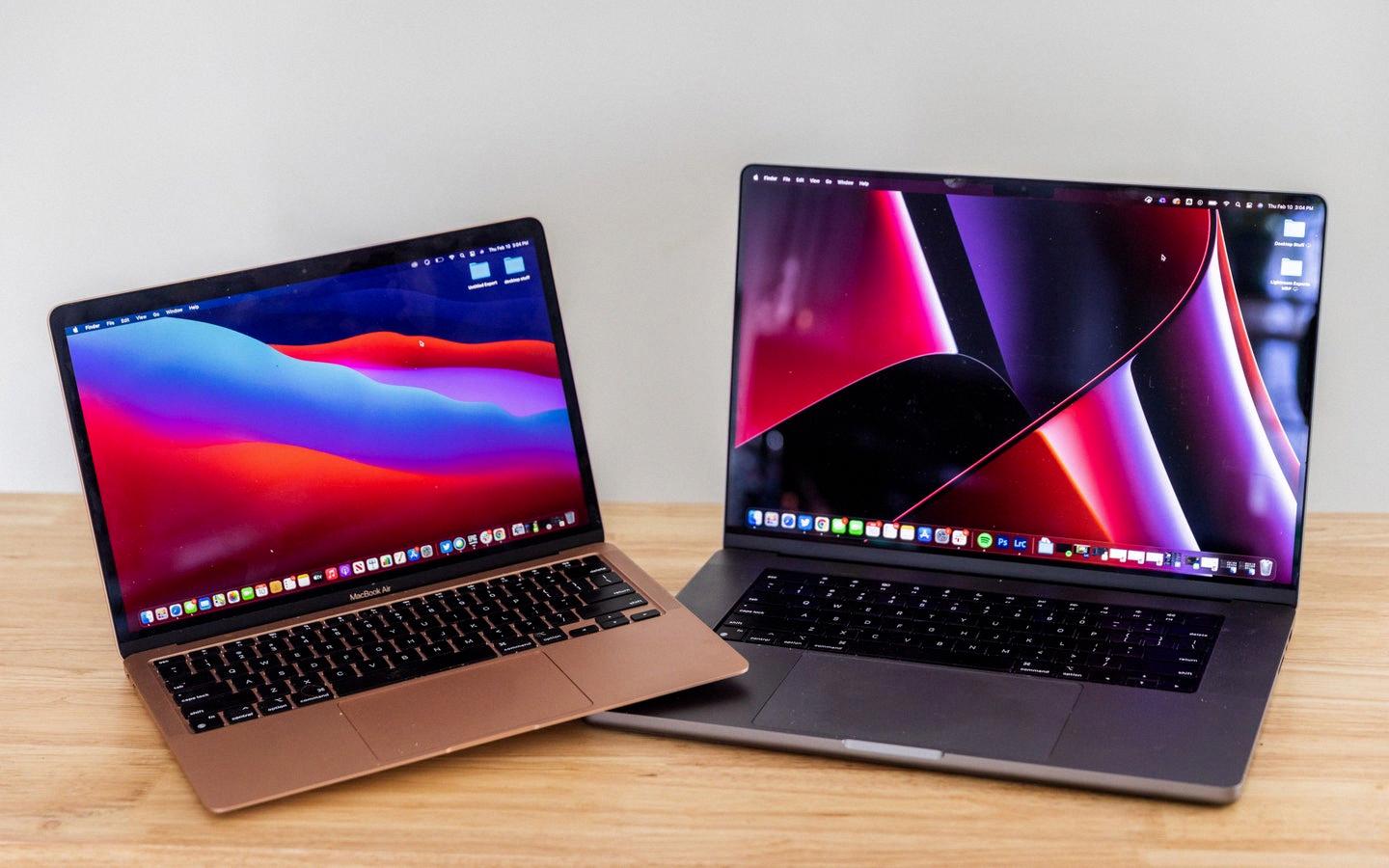
Source: popsci.com
Using 65W Charger for MacBook Air
Yes, you can use a 65W USB-C power adapter to charge your MacBook Air. The device being charged has its own power management system and is designed to control the amount of current taken, so it should be perfectly safe. Furthermore, USB-PD power adapters are able to negotiate with the device for the proper voltage, so you don’t have to worry abut overcharging or any other issues.
Can I Use a 45W Charger for a MacBook Air?
Yes, you can use a 45W charger for the MacBook Air. The 45W charger is specifically designed to provide the optimal power supply for the 13-inch MacBook Air, ensuring that your laptop will have enouh energy to function properly and efficiently. The 45W charger is also compatible with any USB-C power adapter, so you can connect it to any USB-C port on your Mac for charging.
Power Capacity of a MacBook Air
The MacBook Air (M2, 2022) can handle up to 140W of power when usig a compatible USB-C Power Adapter and USB-C to MagSafe 3 Cable or USB-C charge cable. Additionally, the laptop can be charged with up to 96W of power when using a compatible USB-C Power Adapter and USB-C to MagSafe 3 Cable or USB-C charge cable.
Using an 85W Charger on a MacBook Air
Yes, you can use the 85W MagSafe power adapter on your MacBook Air. According to Apple, the 85W MagSafe can be used in place of a 60W unit without any issue. However, it is important to note that using the 85W adapter will not charge your computer any faster than if you were using a 60W adapter.
Can I Use a 65W Charger for a 45W MacBook Air?
Yes, you can use a 65W adapter instead of the 45W adapter that is recommended for your MacBook Air. In fact, using an adapter with a higher wattage than recommended can be beneficial to your laptop, as it may charge the battery faster and provide more power to run demanding applications. However, you should keep in mind that using an adapter with a wattage that is too high may damage your laptop, so be sure to use the correct wattage when possible.
Can a 60W Charger be Used to Charge an M1 MacBook Air?
Yes, you can charge your M1 MacBook Air with a 60W charger. The M1 MacBook Air has a maximum charging capacity of 61W, so a 60W charger should be sufficient to charge it. You may find that the charging speed is slower than with a higher-powered charger, but it will still charge the laptop. It is also important to note that some USB-C docks may offer more power than the charger itself, so you may want to check what kind of power output your dock provides bfore using it to charge your laptop.
Are All MacBook Chargers Compatible?
No, all MacBook chargers are not the same. Each MacBook model requires a different charger, as the wattage and number of pins varies between models. For example, the 61W USB-C Power Adapter is compatible with the 13-inch MacBook Pro (2016 or later), while the 87W USB-C Power Adapter works for the 15-inch MacBook Pro (2016 or later). The 13-inch MacBook Air (2018) and older models require a 45W MagSafe 2 Power Adapter, while the 11-inch and 12-inch MacBook use a 29W MagSafe Power Adapter. Additionally, some chargers come with extra features such as a USB port on the power adapter that allows you to charge your iPhone or oter device at the same time as your laptop.
Consequences of Using the Wrong MacBook Charger
If you use the wrong MacBook charger, your Mac won’t be able to draw eough power to charge its battery or run properly. In some cases, you may even experience power-related shutdowns. It’s best to stick with the charger that came with your Mac, as it is designed to work specifically with your device.
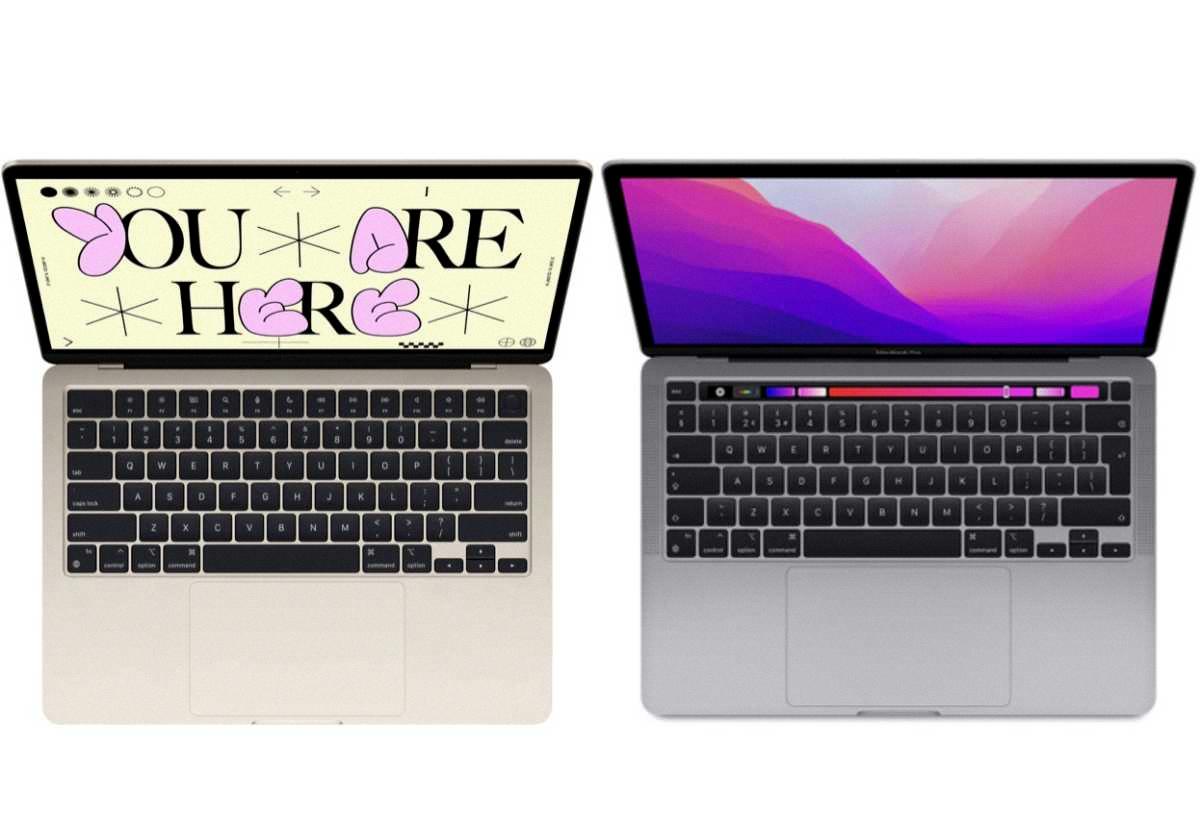
Source: macworld.com
Charging a MacBook Air Laptop Without a Charger
The best way to charge your MacBook Air laptop without a charger is to use a C-Type USB cable from an Android device and connect it to your MacBook. Then, plug the oher end of the USB cable into a power outlet. This will allow you to charge your laptop just as if you were charging your iPhone. Make sure that you are using a cable that can support enough power output for your laptop’s battery.
Choosing the Best Charger for MacBook Air
The best charger for the MacBook Air in 2022 is the Apple 67W USB-C Power Adapter. This adapter offers fast and efficient charging, allowing you to power your device quickly and reliably. It features a slim design and a USB-C port for connecting to other devices, as well as LED lights that indicate the charging status. Other great options include the Anker Nano II 30W, Spigen 40W Dual USB C Wall Charger, Amazon Basics 30W GaN USB-C Wall Charger, Baseus 65W GaN charger, Anker 747 Power Bank, Hyphen-X 100W 4-Port USB Charger, and the Apple 45W MagSafe 2 Power Adapter. Each of tese chargers offer reliable performance and different features that can meet your specific needs.
Conclusion
In conclusion, the MacBook Pro charger is an important accessory for any MacBook Pro user. It is highly recommended to use the Apple-branded charger that comes with the laptop as it has been designed specifically for the device. Using a higher wattage adapter will not cause any damage or increase performance, but using a lower wattage adapter may not provide enough power to charge your device. Third-party chargers are also availabe and these can be used to charge your laptop as long as they are plugged into the correct ports. By using the right charger, you can ensure that your MacBook Pro is always charged and ready to go when you need it.

